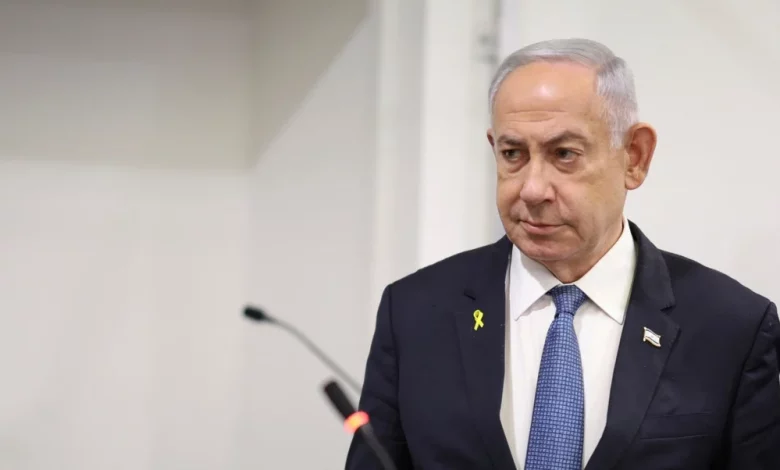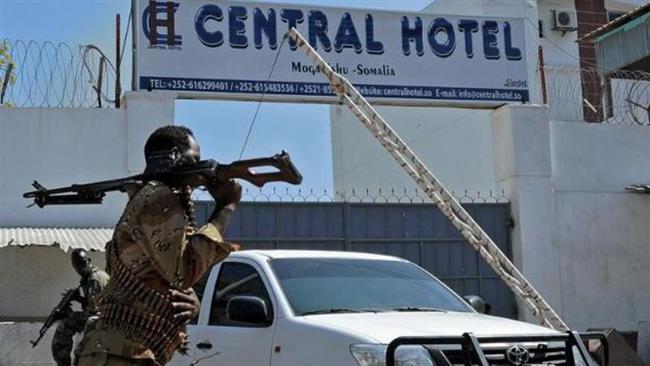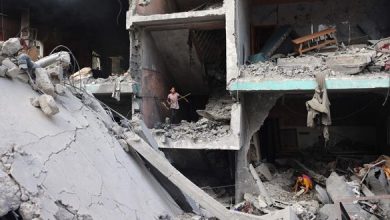Slaughterer Netanyahu admitted to hospital
Butcher Netanyahu is scheduled to undergo a surgical procedure following a diagnosis of a urinary tract infection.

Zionist Benjamin Netanyahu is set to undergo prostate removal surgery on Sunday following a diagnosis of a urinary tract infection linked to benign prostate enlargement, according to official reports.
Earlier this year, Israeli Prime Minister Benjamin Netanyahu underwent surgery to have a hernia removed. This followed a medical procedure from the previous year in which he was fitted with a pacemaker to address issues related to arrhythmias.
In related news, Israeli Prime Minister Benjamin Netanyahu was admitted to the hospital on July 15 of last year following a bout of dizziness, according to an official statement from his office. The statement indicated that Netanyahu had suffered from dehydration; however, his condition was reported to be stable and favorable.
A man was repeatedly admitted to Sheba Medical Center, located near Tel Aviv, for medical assessments following a day spent in the hot weather by the shores of Lake Tiberias. Preliminary examinations revealed normal results, with dehydration identified as the initial diagnosis.
Prime Minister Netanyahu’s ongoing military operations in Gaza coincide with a significant humanitarian crisis, as hundreds of thousands of injured and ill Palestinians are unable to access crucial medical care.
Yesterday, the Gaza Health Ministry reported the detention of Dr. Hussam Abu Safiya, the director of Kamal Adwan Hospital, by Israeli occupation forces. According to the ministry, the incident occurred after the hospital was forcibly evacuated and set ablaze, in the aftermath of a sustained military assault.
The ministry issued a warning on Saturday regarding an imminent crisis, as patients and injured individuals have been forcibly relocated to the Indonesian Hospital, which faces a severe lack of water, electricity, food, and medical supplies. The situation is further exacerbated by the detention of its medical staff, rendering it nearly impossible for patients to receive essential medical care.
In response, an urgent call has been issued to all pertinent institutions and organizations, urging them to promptly seek a resolution for the patients currently at the hospital.




